By Chen Tianhao, Zhang Dongfang
(ECNS) -- Despite significant criticism and heightened market volatility following recent tariff increases, the U.S. government confirmed that tariff rates on Chinese imports have risen sharply.
In the latest W.E. Talk, both Wan Zhe, an economic expert, professor at Beijing Normal University and secretary-general of the Pangoal Institution academic committee, and Otaviano Canuto, Senior fellow at the Policy Center for the New South and former vice president and executive director at the World Bank, agreed that the "reciprocal tariffs" run against the multilateral trade system of globalization, and China's countermeasures are well-founded.
"Reciprocal tariffs" are not a panacea for U.S. problems
According to the White House, the "reciprocal tariffs" are designed to "reduce the trade deficit," "boost the United States economy," and adjust relations with trading partners to the benefit of the U.S. people.
However, in Canuto's opinion, U.S. deindustrialization has been going on for years, making it a "fantasy" of reshoring manufacturing back to the U.S. by means of "reciprocal tariffs".
Wan concurred, noting that some politicians in the U.S. promise the manufacturing reshoring just to secure their votes. Such an approach, he argued, fails to address the challenges in manufacturing and would not benefit the lower strata of society.
He noted that every U.S. family would pay an extra amount of thousands of dollars to deal with troubles brought by the "reciprocal tariffs", further dampening market expectations.
"Reciprocal tariffs" represent U.S. hegemony in global trade
The U.S. "reciprocal tariffs" aim to reshape the global economic order, consolidating American dominance in industry, finance, and ideological spheres, Wan said.
Canuto emphasized that these tariffs introduced bilateralism, shifting global trade relations to one-to-one deals and ignoring collective agreements.
In addition, Canuto stressed that the U.S. obstruction of the WTO dispute settlement mechanism and abandonment of non-discrimination principles risk reviving the destructive protectionist patterns. If countries retaliate with tit for tat measures, it could trigger a spiral of protectionism, breaking from the post-World War II consensus.
Wan further pointed out that the U.S. government's actions not only aim to target strategic industries in competing countries, but also underscore its intent to reinforce financial hegemony through tariff measures—by propping up the dollar and U.S. bonds, it seeks to impose sanction mechanisms in the global financial market, further consolidating its dominant position.
China's responses show strategic depth
Both experts agreed that China's responses have shown strategic depth. Wan observed that China's response strategy has evolved through multiple rounds of maneuvering.
"Today, China is the second largest economy in the world and remains America's largest trading partner after Canada and Mexico," said Canuto, "so, China has the economic clout to absorb short-term costs and play the long game in a trade standoff."
In addition, Canuto believed that there is an important and clear political signal that China will not accept unilateralism passively.
"In this regard, China's countermeasures are calculated, not reactionary," Canuto stressed.
Global efforts urged to rebuild up multilateralism
As unilateralism wreaks havoc at a global scale, Canuto warned that the current situation of the world economy resembles the trade war triggered by the Smoot-Hawley Tariff Act in the 1930s, with global supply chains fragmented.
From a global perspective, both Canuto and Wan called for international platforms, including the WTO, to revive the dispute settlement and address issues such as digital trade, climate-related trade, and state-owned enterprises.
"Countries should try to come back to the table and rebuild up the multilateral system," Canuto added, in case the trade conflict further escalates and drives the world into a zero-sum game led by the "Law of the Jungle."
Wan concluded that China will continue to build on its domestic and regional development, promote global cooperation, and strengthen institutional and technological innovation, while actively contributing to the reconstruction of multilateral mechanisms and global stability through platforms such as the Belt and Road Initiative.















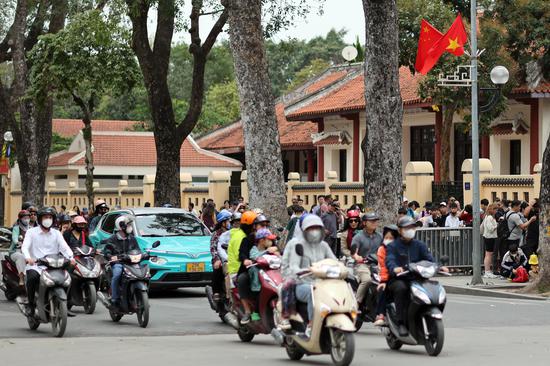
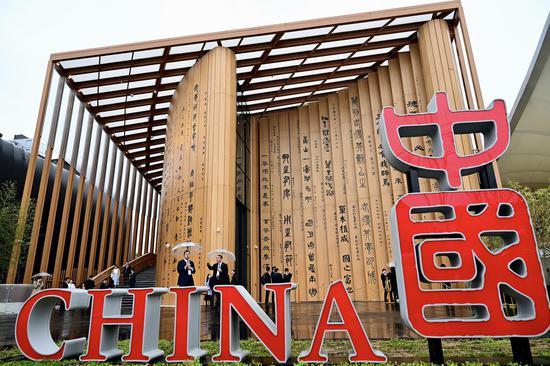
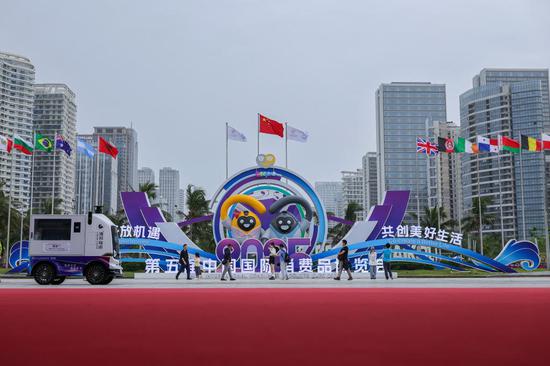



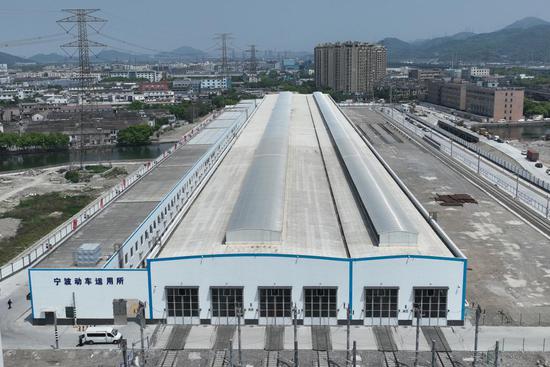










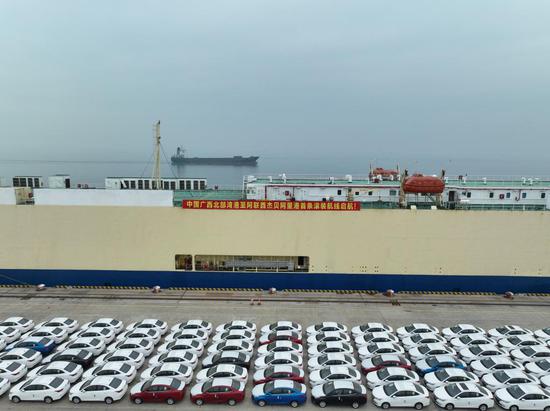







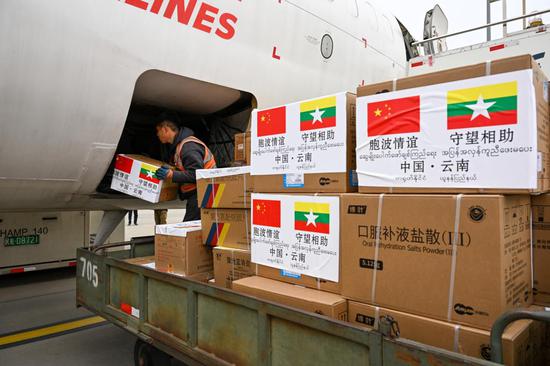





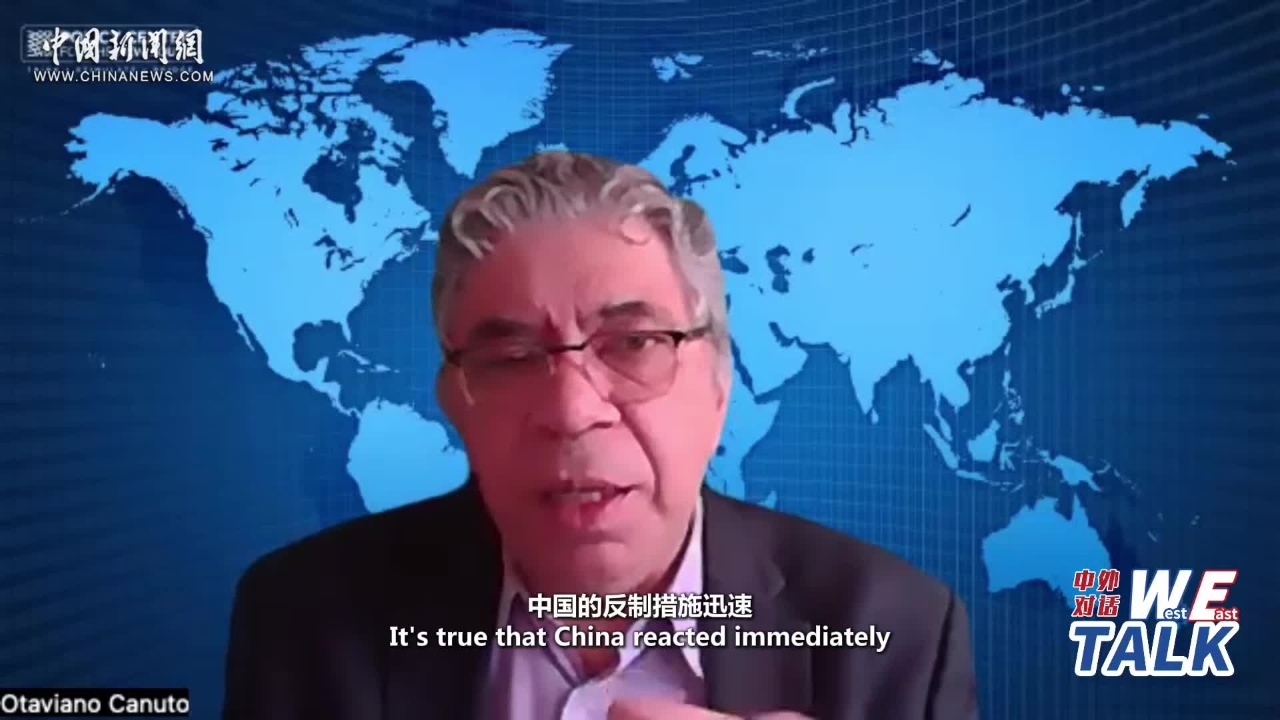



 京公網安備 11010202009201號
京公網安備 11010202009201號